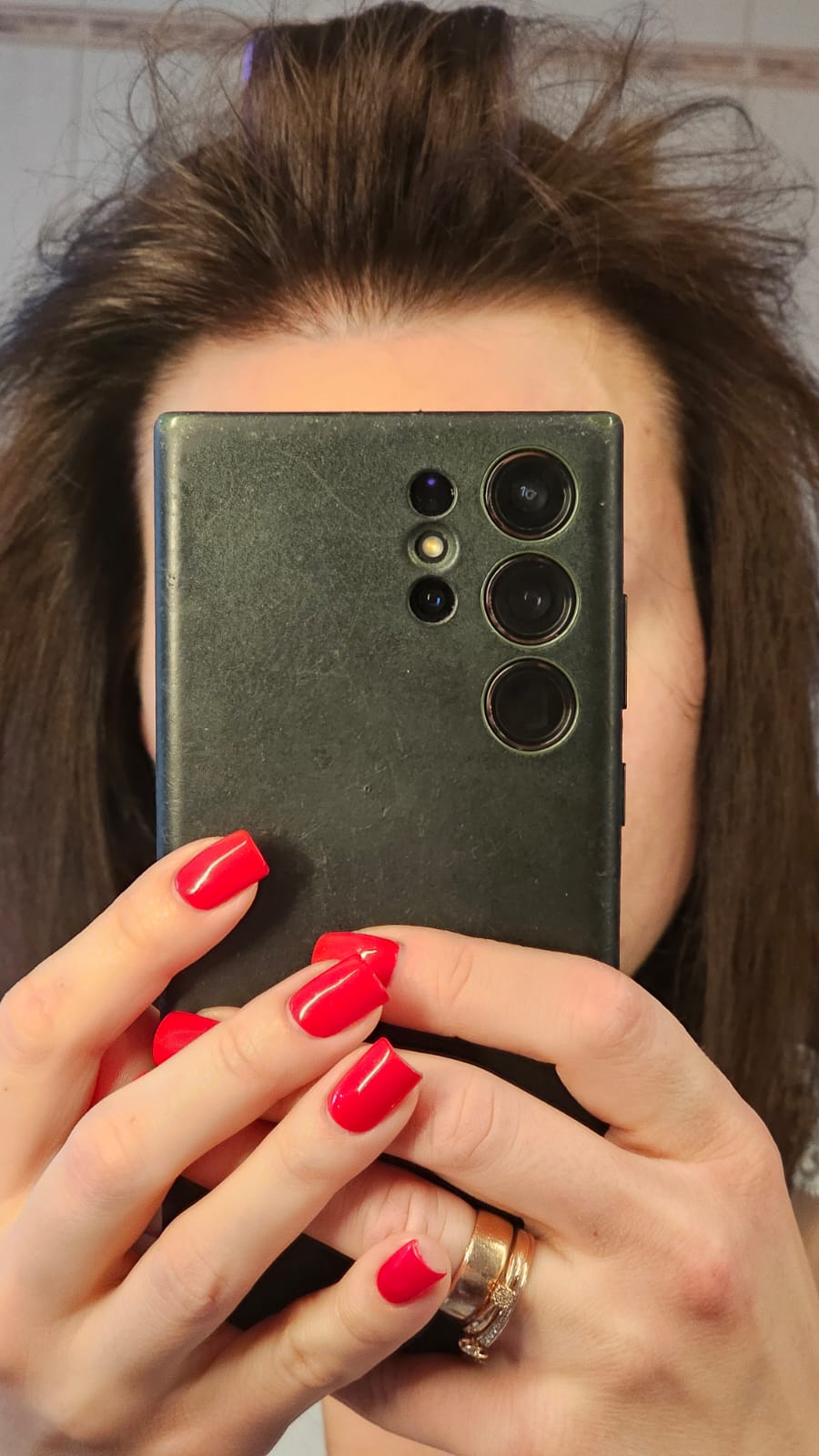
Autohemotherapy
Feeling good will give you radiant confidence!
Ozone therapy has been used in medicine since World War I, and studies in both in vivo and in vitro studies have shown it to have a variety of health-promoting effects, including modulating the immune system, improving circulation, killing microorganisms such as bacteria and viruses, and delivering oxygen. and improving consumption.
Ozone autohemotherapy is also used for body recovery. It alleviates chronic fatigue syndrome, improves memory and concentration, and restores working capacity and sleep.
- improves the functioning of the immune system;
- inhibits the growth of bacteria, fungi, parasites and viruses;
- reduces inflammatory processes in the body.
To achieve remarkable results, medical ozone is used in the treatment of diseases such as Lyme, diabetes, atherosclerosis, chronic hepatitis and herpes.
Ozone therapy is performed in our clinic by injecting ozone directly into the bloodstream (autohemotherapy), which achieves a therapeutic effect by maximally using the properties of ozone for the benefit of the body. After ozone therapy, patients experience a surge of both mental and physical energy. It is recommended as a course to improve general health and treat chronic diseases.
Depending on the specific goal of the therapy, the doctor determines the ozone concentration, frequency and number of visits, moreover, in the case of a chronic disease, ozone therapy does not replace basic therapy and can be used as additional support for the body.
- Oxygenates tissues, which reduces swelling, bruising and pain from injuries and speeds up healing.
- Increases ATP synthesis, resulting in more energy and faster recovery.
- Delays the start of anaerobic sugar fermentation in the cell, reducing the accumulation of lactic acid.
- Oxidizes lactic acid, helping to prevent muscle soreness.
- Prevents and treats colds and flu, as well as improves immunity.
- Prevents the need for antibiotics by protecting the intestinal flora.
- Increases hormone production to optimal levels, eliminating the need for artificial steroids.
Important!
Ozone therapy is a medical manipulation that can only be prescribed by a certified doctor. The doctor evaluates the patient's general state of health and the necessary results of blood tests, determines the dose of therapy and the effective duration of the therapy course.
Share
Before undergoing infusion therapy, it's important to ask your doctor or healthcare provider several questions to ensure that you are well-prepared and that the procedure goes smoothly.
Here are some questions you might consider asking:
- What specific medication or solution will be used in the infusion?
- How long will the infusion session take?
- Are there any special instructions I need to follow before the infusion?
- Should I eat or drink anything before the procedure?
- What are the potential side effects or risks associated with this therapy?
- Could you explain the process of the infusion to me?
- How can I contact medical staff if I have questions or issues during or after the infusion?
- Do I have any known medications or allergies that could affect this procedure?
- Could this therapy interact with any other medications I'm currently taking?
- What symptoms or side effects should I report after the infusion?
- How often will I need to receive this therapy?
- Are there any tests I need to have before or after the infusion?
- What are the expected benefits of this infusion therapy?
- Are there any dietary or activity restrictions I should follow before or after the infusion?
- How will I know if the infusion therapy is working for me?
- Is there any additional information or resources you can provide to help me understand this therapy better?
These questions can help you gain a clearer understanding of the infusion therapy, its purpose, and what to expect.
Important!
Open communication with your healthcare provider is key to ensuring that you have a safe and effective treatment experience.
Ozone panel
| EGL code | Analysis Panels | |
|---|---|---|
| Hematology | ||
| 3640 | Complete blood count (clinical blood count, leukocyte formula, EAG) | |
| Coagulopathy | ||
| 3747 | APTL-Activated partial thromboplastin time | |
| 0000 | INR | |
| 3738 | Fibrinogen | |
| 3648 | Bleeding time | |
| Glucose regulation | ||
| 3749 | Glycated hemoglobin (HbA1c) | |









